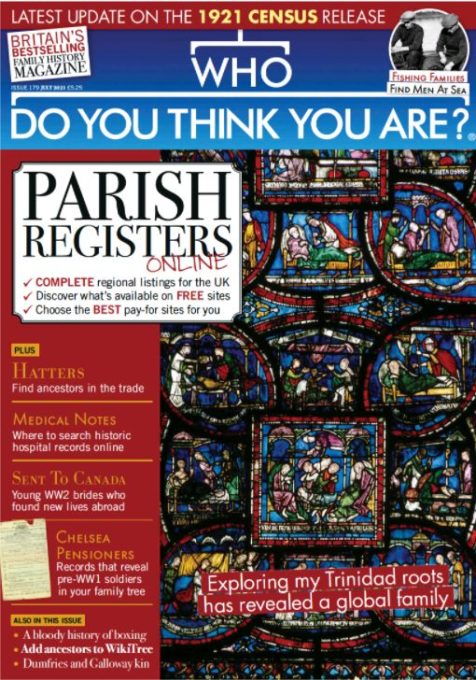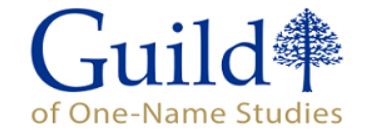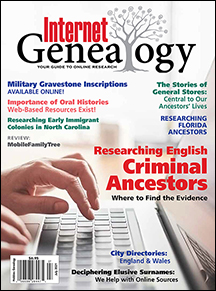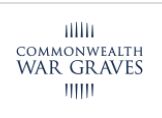Poking around on the LAC website I found a link to the document Quarterly Financial Report for the Quarter Ended December 31, 2020: Statement Outlining Results, Risks and Significant Changes in Operations, Personnel and Programs.
Aside from the financial information, it identifies three of LAC’s key risks:
Using its existing systems, LAC may not be able to acquire, manage and sustainably preserve the exponential volume of digital content it acquires and digitizes and that is transferred to it. To mitigate this risk, LAC must definitely optimize the systems, infrastructure, processes and tools that underpin its digital operations. The testing and deployment of LAC’s Digital Asset Management System (DAMS) and the development of the project to renew its archival information system will partially mitigate the effects of this risk, by contributing to the improvement of its capacity and the interoperability of its digital infrastructure.
Virtual access to LAC’s collection may not meet the expectations of current users and may not help it to attract more users. Developing LAC’s digital infrastructure, digitizing the collection, making it available and developing user-friendly digital tools are essential to facilitating access to the collection. To mitigate this risk, LAC will update its user-centric service delivery strategy. In addition, it will develop an integrated management approach for its virtual tools and services.
LAC may not have sufficient capacity to meet its legal obligations regarding access to the archival records of federal institutions and to personal information. LAC’s responsibilities in this area go well beyond those of other departments, since LAC is the custodian of billions of pages of documents that it holds on behalf of more than 200 Government of Canada (GC) organizations. LAC will continue to participate in GC efforts to identify
government-wide solutions to the challenges presented by the current delivery model. However, in view of the increasing volume and complexity of access requests subject to the Access to Information Act and the Privacy Act, LAC will need to find solutions so that Library and Archives Canada can acquire the necessary digital tools and provide the required services in accordance with service standards. The development of a more efficient digital service delivery model will partially mitigate the effects of this risk.
COMMENT
The risks are expressed as “may not.” That should be “do not.”
How can LAC honestly write the “exponential volume of digital content it … digitizes” when digitization has decreased? Maybe the exponential mentioned is an exponential decrease!
No doubt, virtual access to LAC’s collection does not meet the expectation of users. No question about it, both in terms of the response on the web and new digitization initiatives. What can we expect in terms of improvements to service as a result of the strategies and approaches mentioned?
LAC is not meeting legal requirements in response to the Access to Information requests. Delays are months and even a year and more. Regular clients have become surprised and delighted when a substantive response comes.


 It’s the beginning of June and already the July issue of WDYTYA magazine is available.
It’s the beginning of June and already the July issue of WDYTYA magazine is available.
 Here’s the table of contents for the new issue.
Here’s the table of contents for the new issue. The 2021 CHA conference is different this year in so many ways. It is entirely on-line. It occurs over eight days, and spans two months. None of the sessions are concurrent.
The 2021 CHA conference is different this year in so many ways. It is entirely on-line. It occurs over eight days, and spans two months. None of the sessions are concurrent. The Commonwealth War Graves Commission has just completed War Graves Week to “shine a light on our work.” Website visitors were invited to “discover your local connection” using a postcode link to “find out who lived in your area.”
The Commonwealth War Graves Commission has just completed War Graves Week to “shine a light on our work.” Website visitors were invited to “discover your local connection” using a postcode link to “find out who lived in your area.” Starting on Monday there’s a gradual build-up to a full weekend of lectures during the annual OGS conference, this year all online.
Starting on Monday there’s a gradual build-up to a full weekend of lectures during the annual OGS conference, this year all online.